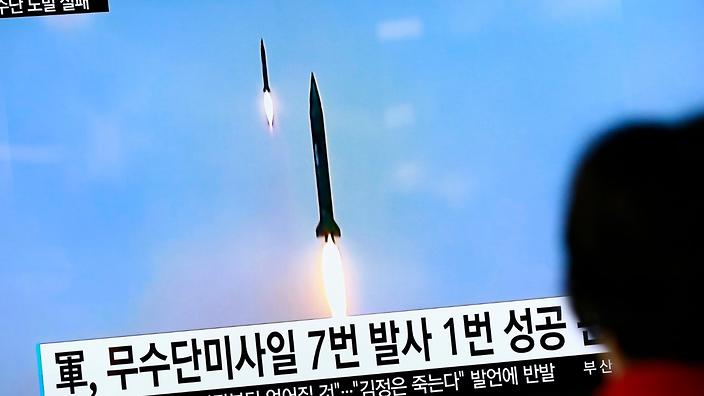Five countries – Saudi Arabia, Egypt, Bahrain, the United Arab Emirates and Yemen – have cut diplomatic ties with Qatar, accusing it of destabilizing the region.
They say Qatar backs militant groups including ISIS and al-Qaeda, which Qatar has denied.
The Saudi state news agency SPA said Riyadh had closed its borders, severing land, sea and air contact with the tiny peninsula of Qatar.
Qatar called the decision “unjustified” and with “no basis in fact”.

The unprecedented move is being seen as a significant split between powerful Gulf countries, who are also close US allies.
It comes in the context of increased tensions between Gulf countries and their near-neighbor Iran. The Saudi statement accused Qatar of collaborating with Iranian-backed militias.
The diplomatic withdrawal was put into motion by Bahrain then Saudi Arabia on June 5. Their allies swiftly followed.
SPA cited officials as saying the decision was taken to “protect its national security from the dangers of terrorism and extremism”.
The three Gulf countries have given Qatari nationals two weeks to leave their territory.
More broadly, there are two key factors driving June 5 decision: Qatar’s ties to Islamist groups, and the role of Iran, Saudi Arabia’s regional rival.
While Qatar has joined the US coalition against ISIS, the Qatari government has been forced to repeatedly deny accusations from Iraq’s Shia leaders that it provided financial support to ISIS.
However, wealthy individuals in the emirate are believed to have made donations and the government has given money and weapons to hard-line Islamist groups in Syria. Qatar is also accused of having links to a group formerly known as the Nusra Front, an al-Qaeda affiliate.
The SPA statement accused Qatar of backing these groups, as well as the widely-outlawed Muslim Brotherhood, and that it “promotes the message and schemes of these groups through their media constantly”.
https://www.youtube.com/watch?v=RM4poFVez5w


